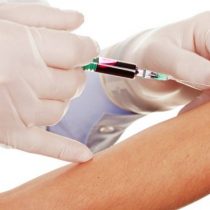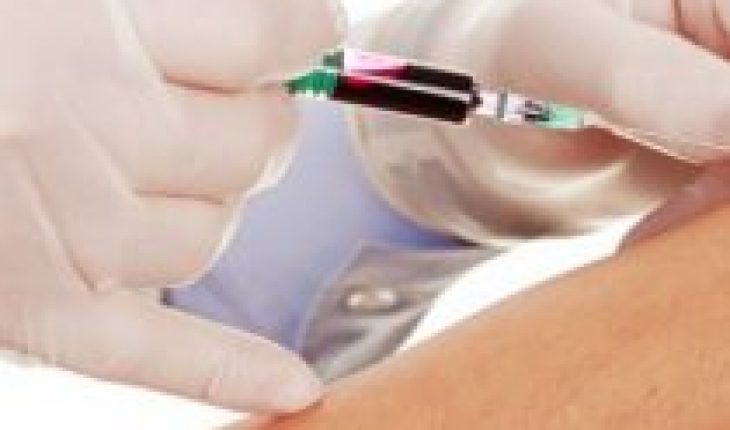
Every June 14, World Blood Donor Day is celebrated. This year, under the slogan Donate Blood to make the world a healthier place, the World Health Organization promotes safe donation, that is, people who do so on a regular and unpaid basis.
In Chile this is a worrying issue, as the Covid-19 pandemic caused a dramatic drop in donor numbers. “All health services have had to suspend transfusions as a result of this contingency. It is important for people to understand that, in addition to hospitalizations of Covid19 patients, we have chronic patients who require transfusion every day, without considering polytraumatized people who arrive and use blood components to pieces,” explains María José Pino, a medical technologist specializing in Banco de Sangre and academic at San Sebastian University (USS).
The professional, who works at the Hospital San Juan de Dios, is faced daily with the shortage of donors, so she emphasizes that the population must be sensitized and the number of people who take this action voluntarily. “The procedure takes no more than 30 minutes, does not cause harm to people’s health, on the contrary, the only benefit is that you save lives. In very rare cases, the donor may experience minor discomfort such as dizziness and nausea, but these are quickly reversed,” he says.
Regarding the requirements that a donor must meet, the specialist explains that the person must be over 18 years of age and, at the time of showing up at the Blood Bank, must carry a photo ID (identity card, driver’s license, school pass, etc.). Regarding its physical conditions, “it must weigh more than 50 kilos, basically, because of the volume of blood that is drawn (450 ml). It is important that the person does not fast,” he says.
In the pre-blood-drawn interview and evaluation, the medical technologist in charge will research some data to know the person’s health status, ask if tattoos have been done and how long ago, and if you have had risky sexual contacts, among other questions. He will also ask about some diseases, such as heart disease, that can deprive him of being a donor. “Contrary to what is thought, diabetic people who take care of the diet can give blood, so can a hypertensive with their daily controls and drug treatment,” Pino emphasizes.
The USS academic calls on the population to donate all-out, more so at the moment, where the pandemic has increased fears about this procedure. “People need to know that blood banks are working under maximum security measures to prevent contagion. The call we make is to approach donations, there are temporary permits that empower transit for these purposes. Most importantly, it is a safe procedure for the donor and that is a tremendous contribution to health services”, concludes the medical technologist.





